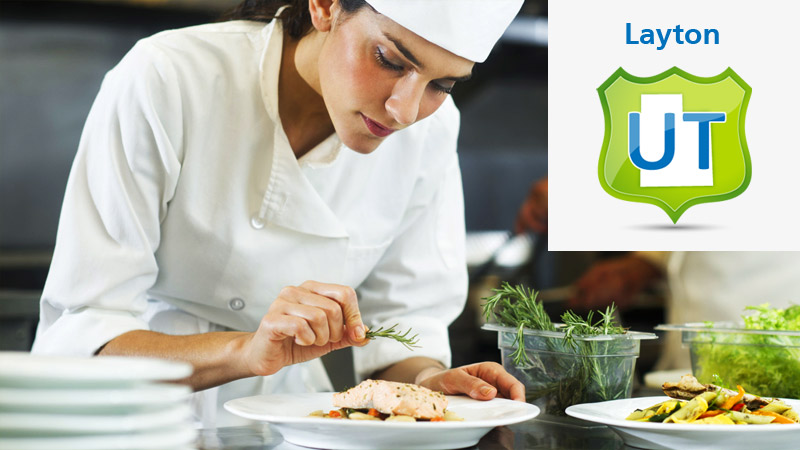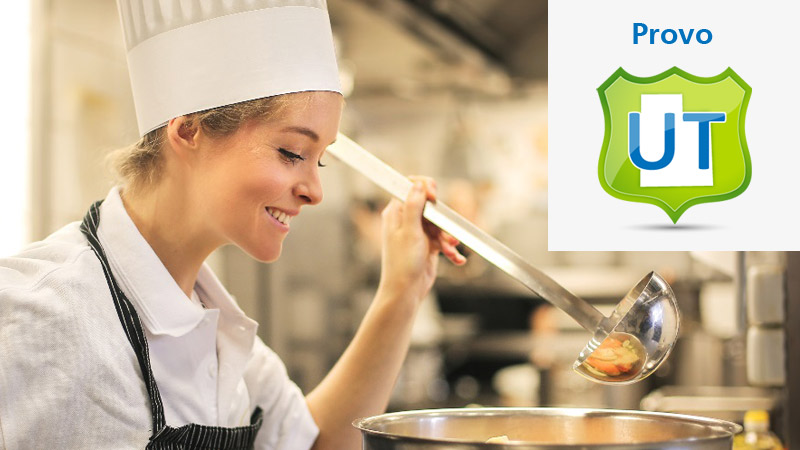Biological food hazards are biological agents that can pose a threat to human health and include bacteria, viruses, and parasites. Bacteria and viruses are responsible for most foodborne illnesses and are the biggest threat to food safety.
The most common result of infections from biological agents is gastroenteritis – inflammation of the stomach and small intestine. Also called the “stomach flu”, gastroenteritis is generally acquired through consumption of contaminated food or water, or through direct contact with an object, surface, or person – as a result of poor sanitation and/or hygiene.
Read More »









